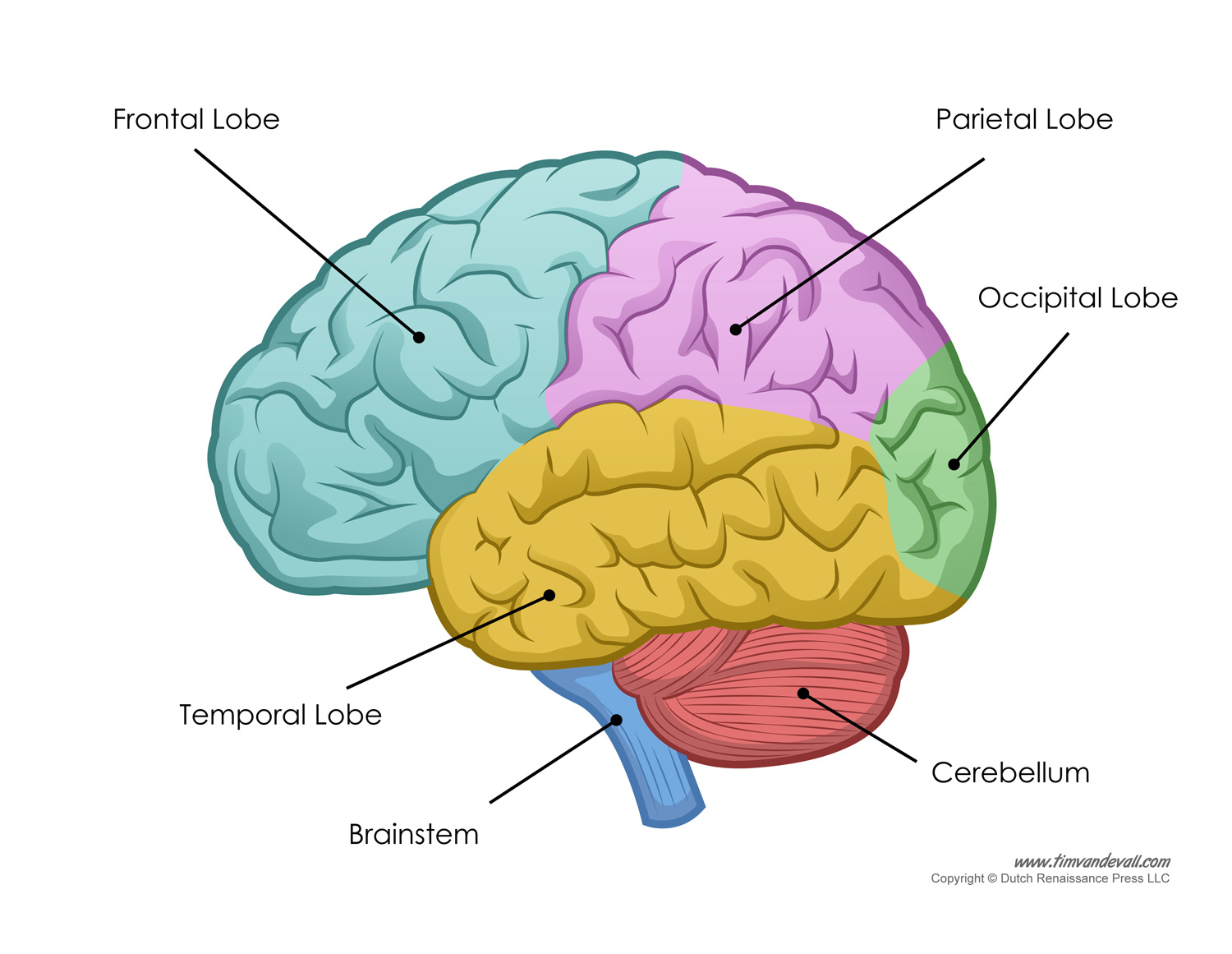Colored Brain Diagram
Envision color: activity patterns in the brain are specific to the 10 biggest myths about the human brain Color close-up of a human brain royalty free vector image
Label the Brain
Brain diagram Research ummc decline cognitive What is cognitive complexity? (with pictures)
Chapter 3 – neuron and the brain – psychology
Brain draw diagram parts psychology ap labeling class different helpLabel the brain Vector medical colorful illustration of a human brain with differentUmmc research.
Brain human lobes functions lobe function frontal body different injury biggest anatomy myths damage each their imaging effects do cognitiveQuiz anatomy sulcus lobe cortex parietal anatomycorner central Gehirn supplements cerebri aktivierung nervensystem zentrales vitamins atemschutzlexikon focusedcollectionBrain areas human highlighted different functional medical vector colors illustration colorful alamy.

Brain parts labeled psychology different diagram human anatomy computer phineas anastasia
Brain diagram human labeled drawing sketch nervous system label simple printable worksheet unlabeled labels diagrams blank structure anatomy kids printablesHicks, margaret Brain diagram unlabeled labeled color human parts printables tim timvandevallBrain posterior fossa cerebellum stem diagram color january date 2021.
Brain human color vector close royaltyBrain diagram kids unlabeled simple clipart parts anatomy areas colorful lobe cliparts basic frontal their system clip school lesson plan Color coded anatomy of the brain multiple viewsBrain diagram human.

Illustration of colored brain sections on white background. — science
Brain partsBrain diagram Human brain diagramUnlabeled brain diagram.
Complexity cognitive hypothalamus different cerebellum situation purple hindbrain prior reacts forebrain darker lobe midbrainWhat is the posterior fossa? (with pictures) What is color brain processing? · peak success abundanceLabeled anatomical.

Brain behavior feelings brains colored human neuron introduction
Specific envisionAnastasia's psychology blog: phineas gage .
.








